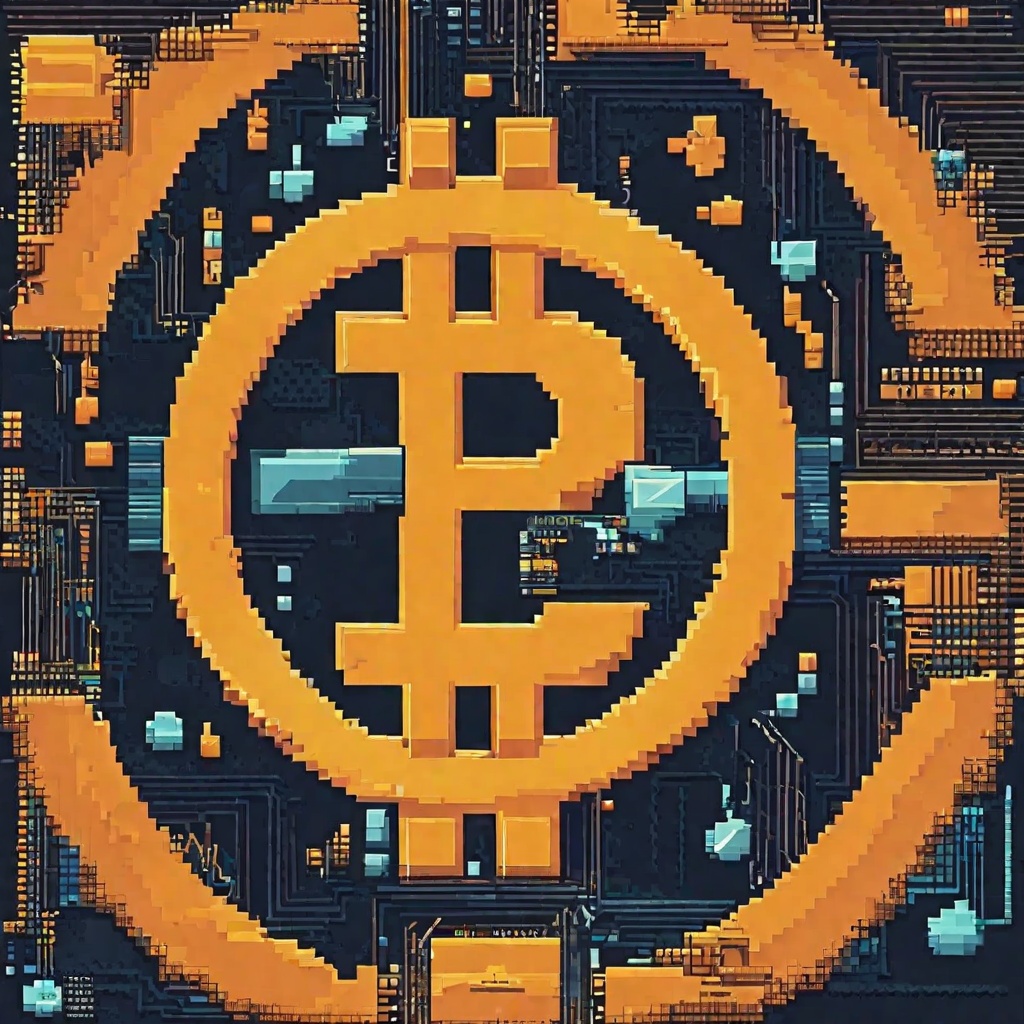What is the current dominance of cryptocurrency?
I'm wondering about the current status and influence of cryptocurrency. Specifically, I want to know its dominance in the market, how widespread its use is, and its overall impact on the financial landscape.

What is BSC current gas fee?
I am curious about the current gas fee on the Binance Smart Chain. I would like to know the present cost of executing transactions on the BSC network.

How much is 1 ton now?
I'm wondering about the current price of 1 ton. Could someone please tell me how much it costs now?

What are some current Bitcoin layer 2 projects?
Currently, there are several notable Bitcoin Layer 2 projects, including Lightning Network, Stacks, Rootstock, and emerging projects like Babylon, Chakra, Nubit, and Lorenzo. These projects aim to enhance Bitcoin's scalability, efficiency, and programmability, enabling faster and cheaper transactions while leveraging Bitcoin's secure network.

What is the current block time for Ethereum?
I am interested in Ethereum blockchain. I want to know the average time it takes for a new block to be added to the Ethereum blockchain currently.

